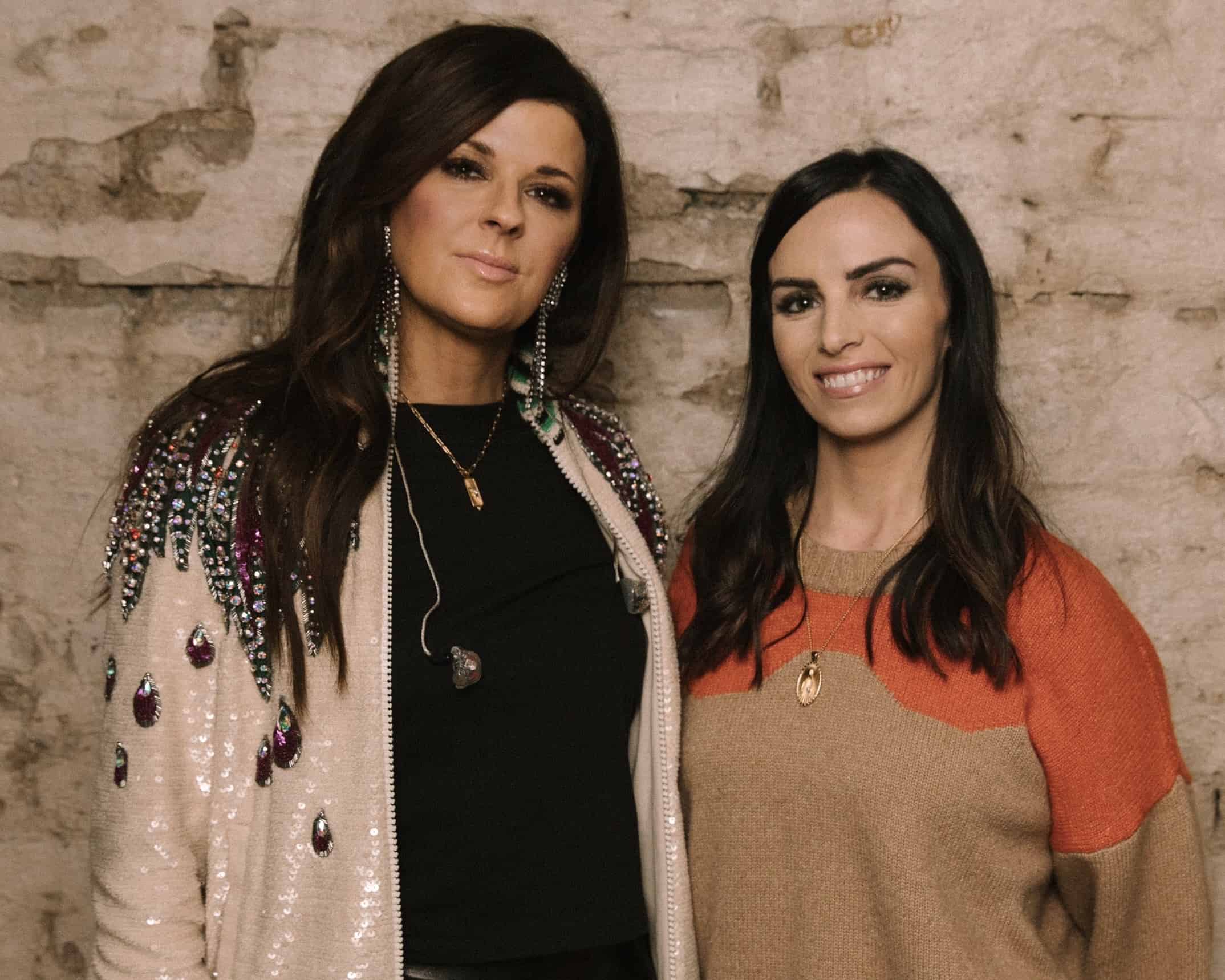Sylmira Kailey’s journey is a powerful testament to the healing power of creativity. In her book Escaping the Forest, she opens up about her struggles with mental health and the courage it took to pour her soul onto the page. Writing became her sanctuary, a way to express the raw emotions that had been bottled up inside. By sharing her story, Sylmira hopes to reach others who feel isolated by their own mental health battles, reminding them that they are not alone. Her vulnerability serves as an inspiration, offering readers not just poetry, but a sense of connection and hope.
- Can you share a bit about your personal journey and what led you to write “Escaping the Forest”?
I started writing because I needed a creative outlet. I was really struggling with my mental health and the ability to take what I was feeling and describe it helped me feel better. I started sharing my poetry with people and seeing how they related to it made me feel less alone. - How did your mental health struggles influence the writing and themes of your book?
My mental health struggles are the theme of the book. I took what I was feeling and poured it out onto the page. It felt like bearing my soul and acted as a release. - How do you handle the pressure of wanting to be perceived a certain way, and how did this affect your writing process?
There was a lot of fear when it came to publishing my book. I like people to think I have it all together. I want a lot of control over the way people perceive me, but I had to let go of that. It felt more important to me that I was able to help even just one person feel like they are not the only one struggling. I had to give up some of that control to accomplish what I really wanted. - What role did vulnerability play in your writing process for “Escaping the Forest”?
I’m not a generally vulnerable person. I am very much someone who tries not to let other people know that I am struggling. A big part of the writing process was letting go of that. I had to be vulnerable so other people would know that what they are feeling is not exclusive to them. - What advice would you give to other women who might be struggling with similar mental health challenges and are considering writing as a form of therapy?
My only advice would be to write. Even if it’s “bad”, even if it feels hard, just jot down what you are thinking. No one has to read it if you don’t want that. Writing to me feels like therapy. It’s the one time I feel like I can be brutally honest about how I am feeling. In recognizing that, I’m able to bring my poems to my therapists and they get a clearer picture of what is going on and how they can help. Even if you don’t have a therapist, I think writing how you are feeling helps to take off a little bit of the mental strain that comes with letting your dark feelings well up inside. - Have you found any particular coping mechanisms or support systems that have been especially helpful for you?
Keeping myself busy is my coping strategy. It’s not for everyone, but something about being able to do things helps keep the bad thoughts at bay. Additionally, doing things that make me happy is a huge part of the keeping busy, That way, even when I’m alone with nothing to really do I’m able to reflect on all the good aspects of my life. - How do you hope your book will resonate with readers who are dealing with their own mental health issues?
My main goal with publishing this book or any book I write in the future is for people to feel less alone. Mental illnesses are such a lonely, chronic illness. It feels like you are weird and strange for thinking the way that you do. It took me a while to come to terms with my mental illnesses and I still struggle with that. Letting people know that they are not the only one struggling feels like my purpose. - What are some common misconceptions about mental health that you aim to address through your book?
This may be a hot take but I feel like it’s become trendy to have depression or anxiety. People self diagnose all the time, which is okay, but mental illness is not cute. It’s not fun. It is all-consuming and has the ability to ruin your life. I wanted to write the raw truth behind mental illnesses, at least the ones that I have. Some of my diagnoses include bipolar disorder and borderline personality disorder. These diagnoses are debilitating at time. I wanted to help people who have these harsh diagnoses know that I see them. - What future projects or goals do you have in mind, and how do you plan to continue addressing mental health themes in your work?
I’m currently working on my next book. The working title is “Happy Poems”. I delve a lot deeper into the way it feels to have mental health diagnoses that feel like they are ruining your ability to enjoy life. I started writing these poetry books because I wanted to find books that I can relate to, but they always felt like self-help books whereas I just wanted poems I could relate to. It will always be my goal to help people feel less alone.
IG: @being_sylly
TikTok: @syl.kai






